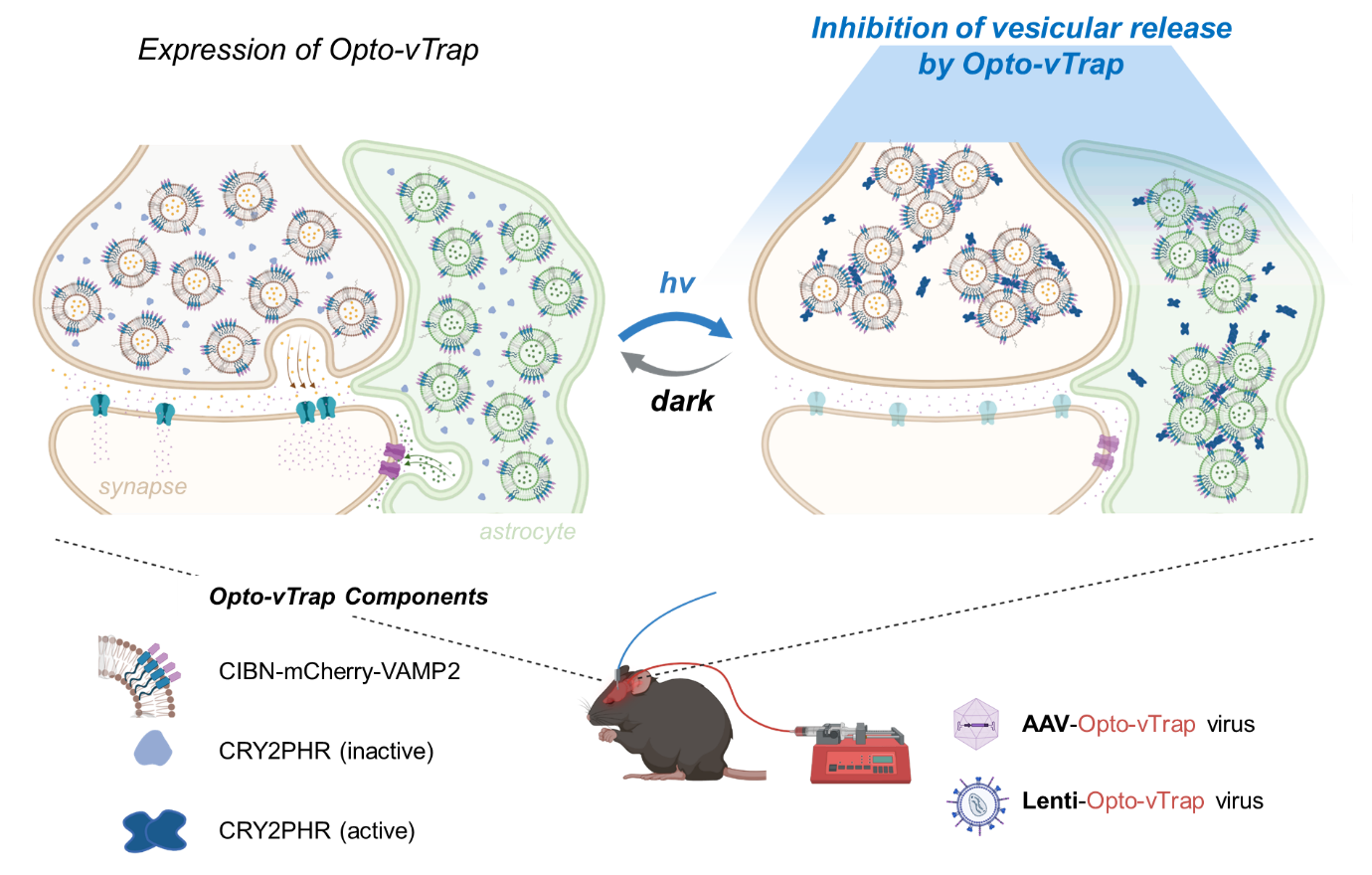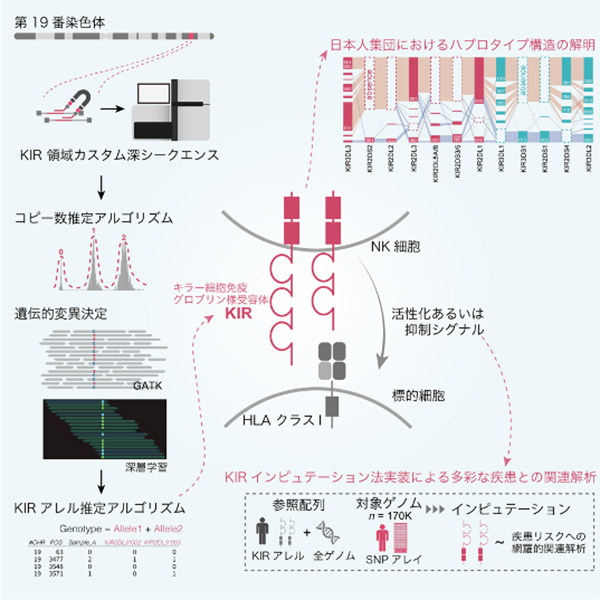2022-02-07 アイルランド・リムリック大学(UL)
ヨーロッパとアイルランドの14歳から18歳のヤングケアラーを対象とした調査では、介護の役割を担っていない若者と比較して、このグループの抑うつ症状のレベルが高いことが報告されています。
しかし、この研究では、これらのヤングケアラーがより高いレベルの社会参加を報告した場合、彼らは自分の人生により満足し、その結果、抑うつ状態が軽減されることも示されています。
UL Study of Anxiety, Stress and Health LabのディレクターであるStephen Gallagher教授によると、これらのヤングケアラーにおける抑うつ症状の予測因子を分析したところ、ヤングケアラーが社会参加レベルが高いことを報告すると、それが生活満足度の向上と関連し、これらの組み合わせが抑うつ症状に対する保護となることがわかったと述べています。
「例えば、若い介護者が同年齢の介護者と比べて社会参加のレベルが高いか同等である場合、生活満足度が高まり、抑うつ症状から保護されました。しかし、社会参加のレベルが低い場合には、このような保護効果は見られませんでした」と、このプロジェクトの研究リーダーであるGallagher教授は説明しています。
New University of Limerick research has revealed that young carers tend to have higher levels of depressive symptoms than those young people who do not provide care to others.
The study of young carers aged 14-18 years from across Europe and Ireland reported higher levels of depressive symptoms among this group when compared to youths who did not report a caring role.
However, the research also shows that when these young carers reported higher levels of social participation, they were more satisfied with their lives and as such were less depressed.
Young carer is the term given to young people, typically under the age of 18, who provide substantial unpaid care to a family member due to illness, disability, mental health, substance misuse or problems related to old age.
The International Journal of Adolescence and Youth has published the major study using evidence from 21 EU countries – including Ireland.
It was carried out by researchers at the Study of Anxiety, Stress and Health Lab in UL’s Department of Psychology, along with Family Carers Ireland, a charity supporting those who care for children or adults with physical or intellectual disabilities, older people, those with palliative care needs or those living with chronic illness, mental ill-health or addiction.
Using data from the 7th wave of the European Social Survey (2014), the researchers found young carers (a sample of over 600) had higher levels of self-reported depressive symptoms compared to youths (a sample of over 1600) who did not report a caring role.
Professor Stephen Gallagher, director of the UL Study of Anxiety, Stress and Health Lab, said that when analysing the predictors of depressive symptoms in these young carers, they found that when the young carers reported higher levels of social participation, this was associated with increased life satisfaction, and these in combination were protective against depressive symptoms.
“For example, when young carers had higher or comparable levels of social participation compared to those of a similar age, it increased their life satisfaction that protected against depressive symptoms. However, these protective effects were not evident at lower levels of social participation,” explained Professor Gallagher, who was study lead on the project.
Based on these findings, Professor Gallagher said that “increasing social activities among young carers may be one way of helping them cope with the challenges of caring”.
Dr Jennifer McMahon, a lecturer in psychology at UL who was a co-author on the study and specialises in youth mental health, warned of the dangers of not treating these issues.
“When young people experience mental health difficulties that go untreated, they are at a greater future health risk compared to youths who do not have mental health difficulties and as such investment in activities to offset this risk is vital,” Dr McMahon explained.
Family Carers Ireland has previously published research that suggests that almost 67,000 young people in Ireland aged 10-17 provide regular unpaid care for a loved one.
Dr Nikki Dunne, Research Officer with Family Carers Ireland, who was a co-author on the study, said that young carers were at greater risk of mental and emotional difficulties than those who do not provide care.
“These findings show just how important it is that young carers are recognised and supported to prevent them from experiencing negative outcomes to their mental health and wellbeing. Investment in supporting young carers is critical,” said Dr Dunne.


